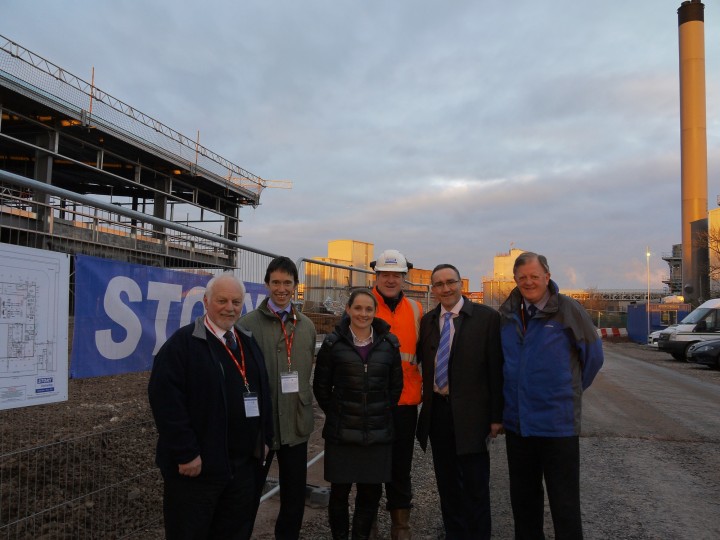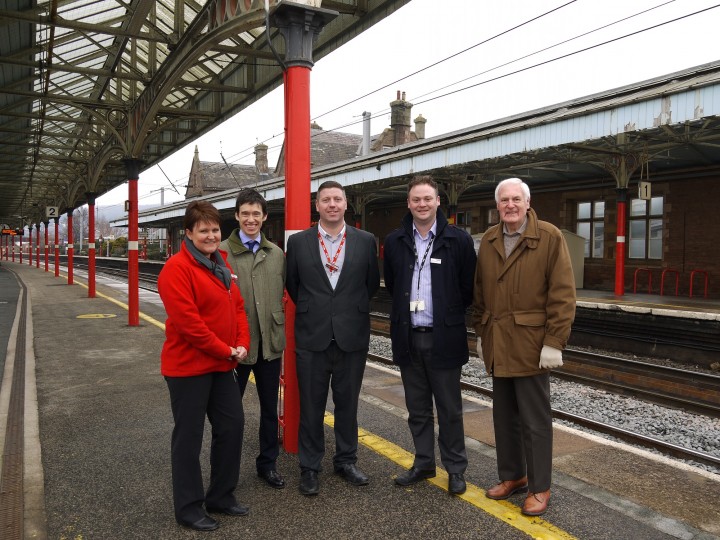A Better Understanding of Intervention
The Libyan government has retreated to a ship off the coast. The President of Yemen has fled from his capital – apparently disguised as a woman. Boko Haram controls swathes of Northern Nigeria. South Sudan – the newest country in the world – celebrates its independence in Civil War. Over 10,000 civilians were casualties in Afghanistan last year. (And if we don’t concentrate on Darfur, Somalia, Israel-Palestine, or Pakistan, it is not because their issues are resolved, but simply because of the scale of horrors elsewhere). All this before we return to Syria’s 3 million refugees, or the Islamic State, which now occupies an area larger than the United Kingdom, spilling across Western Iraq. Or the accelerating advance of the Russian-backed ‘separatists’ in Ukraine. The world has not been this dangerous or unstable for 20 years. And we have – it seems – no confidence that we can do anything about any of it.
But only fifteen years ago, the West felt it could deal with such situations. Scholars studied how the US had worked in the Philippines before the First World War, the Marshall plan for Europe after the Second World War, and the British-Malayan Emergency. And believed that they could extract lessons for success, from the reconstruction of Germany, or the success of Malaysia. The US Rand corporation wrote a book called ‘the Beginners’ Guide to Nation-Building” which specified exactly how many foreign troops would be required to stabilise another country (it insisted that the culture or the history of the country was largely irrelevant – what mattered was the numbers). The UN asserted a ‘responsibility to protect’, encouraging States to lead humanitarian interventions. And when the interventions in Bosnia and Kosovo or Sierra Leone seemed relatively successful, the only regret seemed to be that we had not intervened more in other countries – such as Rwanda or Darfur.
The recipe, people believed, was called ‘state-building.’ Paddy Ashdown liked to emphasise ‘security’ first, the current President of Afghanistan, ‘the legitimate monopoly on the use of violence’, Ban Ki Moon liked ‘governance”, (‘bullets kill terrorists,’ he said, ‘but good governance kills terrorism’), and British Prime-Ministers liked to talk about ‘capacity-building’ and the ‘rule of law’. Sill others emphasised employment, rights for women, primary education, or in the case of a celebrated Peruvian economist, the importance of property rights. But in the end it all came down to ‘fixing failed states.’
Then Iraq and Afghanistan became vast laboratories for testing these theories – ultimately employing over a trillion US dollars, and over a million foreign soldiers and civilians. And the people trying to do these things – even in Iraq – were more intelligent, thoughtful, and dedicated than they appeared from the outside. But the projects failed. And we have since struggled to find an alternative to nation-building under fire.
In 2011, for example, we tried a new model in Libya – of intervention without ground troops. It too failed – Libya is torn in two: armed militia gangs dominate the cities, and its shattered economy. As recently as three years ago, people wondered if there were a better model, nearer to home. Perhaps, argued an Austrian friend of mine, the European Union might be the magical ingredient. The European Union, which had transformed Greece, would now bring prosperity, peace and democratic structures to the edge of Russia and the Middle East. The key, he said, was to embrace Turkey as a model for the region, and support the European Enlargement to eventually encompass Ukraine – and even at last perhaps Belarus. But then Greece collapsed, and Erdogan and Putin began to develop troublingly similar styles of rule. And European Union and NATO expansion began to seem less like the solution to Ukraine, and more like one cause of its woes.
Now we have run out of theories. In Libya, no-one can agree whether the problem was that we did not do enough ‘post-war reconstruction’, or whether the problem was toppling Gaddafi in the first place. The distinguished professor Avi Shlaim argues that it would have been better to leave him and Saddam in place. And yet, in Syria – where the West has not intervened against the dictator – he criticises the West for not supporting civil society, democracy and the moderate opposition. We do nothing in Libya, nothing in Yemen. Precious little in South Sudan. People are beginning to openly question our commitments to NATO – whether we should have promised to defend the Baltic states, or even whether we should have promised to spend 2 per cent of our GDP on Defence. In Syria, we continue to talk about the Free Syrian Army – but with little conviction. A ‘coalition’ has committed to ‘degrading and destroying “ISIS” in Iraq but if you read the small print, it seems to be an attempt to repeat the US surge of 2007, except with about one hundredth of the resources, manpower, or support. We are running out of ideas in Ukraine too.
So in fifteen years we have lurched from confident solutions to despair, and the challenge for the next fifteen will not be to avoid intervention, but to avoid total isolation. We must try to understand our failure, and acknowledge it publicly. But we also need to remember that the peace of the last seventy years in Europe was not achieved through isolation or inaction. As Syria and Ukraine shows us daily, problems don’t just go away, when we ignore them. Bosnia proves that it is possible to intervene without losing lives, and by doing so punish war criminals, disarm militias, return refugees, and end wars, which kill a hundred thousand people. It is still possible to help to arrest the descent into chaos, spreading from the Western Mediterranean to the Black Sea. It requires humility – a sense of our limits and our failures; it requires developing a far more granular knowledge of other people’s countries. It will require patience and courage. And above all it requires, what we lack: a better understanding of intervention.
















